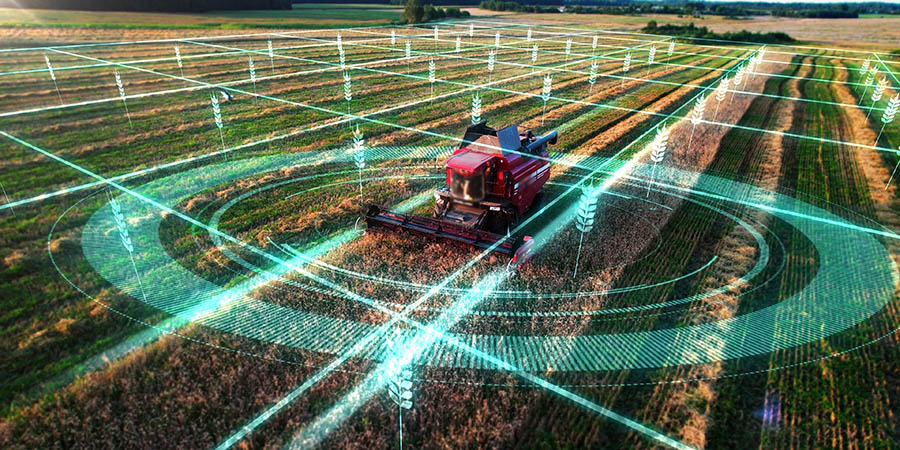The University of California Riverside, has introduced Adaptive Generalized LiDAR Odometry and Mapping (AG-LOAM), an advanced LiDAR technology designed to enhance autonomous agricultural robots.
This system enables farming bots to efficiently map fields and track their locations, even in areas with limited GPS availability. By integrating adaptive mapping and motion stability analysis, AG-LOAM ensures accurate navigation across diverse terrains, such as citrus orchards and open-crop fields.
This innovation has the potential to revolutionize precision agriculture by reducing reliance on manual labor, addressing workforce shortages, and improving operational efficiency.
Countries investing in smart farming, such as the Philippines, could benefit from AG-LOAM as it complements existing initiatives such as Agriconnect, an app designed to monitor crop health.
With ongoing advancements in agricultural robotics, AG-LOAM is paving the way for more resilient and intelligent farming systems, driving the future of sustainable food production globally.







